Pass Policy
Policy Resources
Reports, toolkits, and fact sheets to help guide development of reuse policy and make the case for reuse to legislative and community members.
Policy Information Library
Resources and informational overviews of topics relevant to reuse policy.
-
![hands passing food at a restaurant - reusable dishes]()
Reuse for Onsite Dining Library
-
![Aerial view of modern apartment buildings surrounded by greenery in an urban city landscape.]()
Incorporating Reuse in Climate Plans
-
![Colorful stacked dinnerware including plates and bowls with two metal spoons resting inside two bowls on a white background.]()
Reuse Wins
-
![An aerial view of a coastal road running alongside rocky cliffs and the ocean, with a yellow car driving on it.]()
Roadmap To Reuse
-
![A restaurant dining area with wooden tables set with white napkins, utensils, and empty glasses, surrounded by black chairs, large windows, and city buildings outside.]()
Reuse Policy Playbook
-
![Multiple stacks of empty Coca-Cola and Sprite glass bottles arranged in orange plastic crates.]()
Deposit-refund systems and refillables
-
![Top view of green glass bottles arranged in yellow hexagonal holders in a store.]()
Extended Producer Responsibility for Packaging
-
![An outdoor scene featuring a multi-story brick building covered with green ivy, surrounded by trees and a lawn. There are bike racks, with a single bicycle parked, along a paved sidewalk.]()
Reuse in Schools
-
![Group of five people sitting in a room, holding signs that say 'DISPOSABLE FREE BERKELEY' and smiling at the camera.]()
Disposable Free Berkeley Toolkit
-
![lecture]()
Training Video Series
-
![capitol building]()
Upstream's Policy Tracker
-
![people around a table]()
Reuse Funding Opportunities
-
![people at laptops]()
Best Practices for Government Reuse Grant Programs
-
![map of US with pins in EPR states]()
The State of EPR Policy in the US
-
![man emptying clean reusable cups out of a crate]()
Policy Principles to Support the Reuse Service Sector
Policy Fact Sheets
Overview documents to make a quick case for reuse.
-
![A small glass container filled with coins has a plant with green leaves growing out of it]()
Reuse Saves Money
-
![Two cardboard takeout boxes stacked on a white table in a modern kitchen.]()
Why We Need to #Skip the Stuff
-
![A blue recycling bin filled with used coffee cups, bottles, and lids in the foreground. Blurred people and a stroller are visible in the background.]()
Disposable Cup and Container Charges
-
![Colorful stacked plates and bowls with metal spoons, arranged in red, yellow, green, blue, and orange colors.]()
Reuse Wins
-
![Close-up of a classical-style building facade with tall, white columns and rectangular windows.]()
Policy Ladder to a Circular Economy
-
![A clear plastic bottle labeled 'BlueLand Glass + Mirror' filled with water and a pill inside, against a light blue sky background.]()
EPR Can Save Money & Create Jobs
-
![A row of dispensers filled with various bulk food items such as nuts, grains, and cereals, in a wooden display on a wall in a grocery or bulk food store.]()
Prioritizing Waste Prevention in EPR Laws
-
![infographic showing recyclables running off a conveyer belt while reusables recirculate]()
Principles for Reuse/Refill in EPR and DRS
-
![A large collection of upside-down glass bottles stacked closely together, viewed from the bottom with the openings facing outward.]()
Deposit Return Systems Accelerate Reuse
-
![circle with 4 quadrants showing different models of reuse systems]()
Defining "reuse" in EPR & DRS
-
![recycling vs reuse cartoon]()
Recycling vs Reuse: Are they really so different?
Policy Reports
-
![graphic of interoperable reuse]()
Embracing Reuse in U.S. Packaging EPR Programs
-
![Two bowls of yogurt topped with granola, peaches, raspberries, and blackberries on a white marble surface, with a smaller bowl of mixed berries and a spoon nearby.]()
The New Reuse Economy
-
![Jars of homemade pickles and vegetables displayed on a table with a floral tablecloth at a market.]()
Reuse Wins
Policy Articles
Insights from reuse advocates who are working on projects in places where policy is difficult to pass.
How are things going in Banff, two years after passing a visionary waste reduction bylaw?
Insights from reuse advocates well versed in reaching across the aisle.
Advocacy strategies local groups and coalitions have been using to advance reuse in communities across the US & Canada.
Amidst rapid advancement of packaging EPR laws, stakeholders remain hyper-fixated on recycling. Solutions that require true systemic change, like reuse, risk being regarded as side issues in the absence of strong advocacy.
Reuse is, first and foremost, a core economic transformation. Why? Because it allocates the true cost of how materials move through our society.
A playbook for best-in-class Producer Responsibility Organizations for packaging EPR programs.
A table tracking how reuse is implicated in state EPR for packaging policies.
Upstream’s first appearance at this conference geared toward waste management professionals and government staff.
Upstream's Cerise Bridges offers her “notes from the field” after attending a conference about Chicago’s new sustainability law.
Upstream's Reuse Funding Tracker monitors incentives and grants that could be used to support projects related to source reduction of disposable packaging and foodware.
Reducing resource consumption and improving production processes can develop more resilient, equitable systems that prioritize long-term sustainability for the economy, people, and the environment.
The importance of embedding reuse into climate action plans—and how measuring consumption-based emissions gives a far more accurate depiction of a municipality’s climate impact.
A conversation summary from the summer meeting of the Reuse Solutions Network.
Messaging strategies and talking points tailored to the four audience types that local advocates commonly target to promote reuse in food service.
When city legislators required local data to consider Skip the Stuff legislation, a small community organization turned to Upstream for help. A Chart-Reuse case study.
We sat Recycling and Reuse down together to talk out their differences—and they learned quite a bit from each other.
Rethinking the supply chain for packaging must be a climate goal to put us on track to achieve net-zero emissions.
How Upstream is working to take reuse to the next level.
Key findings from a new report on scaling reuse, plus more from Upstream’s Reuse Solutions Network.
How to effectively use LCAs as a tool to leverage and scale reuse systems.
To make a strong case for reuse and to build optimal systems, we need to use a systems approach in our LCAs.
A significant body of evidence indicates that given the choice, people would choose reusables. Here’s a resource roundup—and another side of the coin.
Learn more about The Reusies 2024.
A recap of the Reuse Solutions Network Q1 meeting on lessons learned from cup fee repeals.
Policy Podcasts
EPISODE 188: Real talk on challenges and opportunities when it comes to centering people and planet in policymaking.
EPISODE 184: Experts and advocates share their insights into reuse and refill in state and federal food codes, plus strategies to update your own state’s food code to be more reuse/refill friendly.
EPISODE 183: Lessons from the California school district that helped 300+ schools transition to reuse through a statewide grant program.
EPISODE 172: Organizers in states where it is challenging to pass policy are still doing good work to reduce plastic waste and encourage reuse. Plastic Free MKE shares the story of their success.
Episode 171: Preemption laws—or “bans on bans”—can make it hard for localities in more conservative states to pass plastic reduction and reuse policies. Learn insights & workarounds from on-the-ground advocates in FL, CO, and MT.
Episode 166: Christiana Dujardin, lead analyst for the Ellen MacArthur Foundation’s groundbreaking report, Unlocking A Reuse Revolution - Scaling Returnable Packaging, shares insights & takeaways on designing a returnable packaging system that can compete across the board with single-use.
Episode 165: A recording of the summer Reuse Solutions Network meeting, which dives deep on the interrelation between single-use plastic, climate change, environmental justice, and a just transition to reuse.
Episode 164: How passion, persistence, and good data can go a long way in creating change—with Yayoi Koizumi, founder of Zero Waste Ithaca and co-founder of BYO-US Reduces.
Episode 161: What are the magic ingredients to scale reuse? Learn insights from the nonprofit, reuse business, policymaking, government funding, and corporate perspectives.
Episode 160: Inspiring Berkeley High School students Sophie Horvath and Joshua Swift-Rawal share their journey in advocating for reuse at their school and beyond.
Episode 158: Behind the scenes at the INC-4 meeting in Ottawa, plus what’s next for an international agreement to reduce plastic pollution.
photo: Benjamin Von Wong
Episode 155: The town of Banff was among the first in Canada to pass a comprehensive single-use item reduction bylaw. Hear from Environmental Coordinator Carla Bitz about the grassroots efforts that spurred the journey to passing this policy, plus successes and challenges along the way.
Episode 154: Reusable LA co-leaders Emily Parker and Alison Waliszewski share some key insights about advocating for Reuse for Onsite Dining and other reuse policy within their community.
Episode 153: The audio version of Upstream’s Feb 15, 2024 livestream all about how to properly define reuse in policy—and why it’s important to distinguish between returnable vs. refillable packaging.
Episode 152: How compostable are bioplastics really? The answer: it depends. Learn more from Dr Lisa Erdle of the 5 Gyres Institute.
Episode 151: Perpetual is working to bring reuse to everyone by collaboratively designing reuse systems in mid-side cities across America.
Episode 150: More on navigating the challenges and opportunities in moving toward a new reuse economy built on principles of equity and justice for all.
Episode 149: A candid discussion on an equitable vision of a new reuse economy and aligning on how we talk about a Just Transition toward non-toxic reuse - a Reuse Solutions Network recast.
Episode 148: Executive Director of Plastic Free Restaurants John Charles Meyer returns to update us on progress made and lessons learned in funding foodservice establishments to switch to reuse.
Episode 147: Reuse Seattle collaborators McKenna Morrigan and Moji Igun share the inspiring story of the coalition’s growing success since we first chatted with them.
Episode 143: Judy Hilton, co-author of the recent groundbreaking report Making Reuse a Reality, dives deep on the paper’s findings and its implications for the Global Plastics Treaty.
Episode 138: For the first episode in our series on reuse in schools, three high school students join us to share their perspectives as young leaders in the movement.
Episode 134: Recorded at Circularity 23 in June, an engaging panel discussion on the successes, challenges, opportunities and collaboration needed to enact the vision of a new reuse world.
Episode 128: Jess Zeuner, Program Specialist at World Wildlife Fund, discusses how WWF is helping companies translate plastic reduction commitments into measurable change.
Episode 122: Jules Bailey, President and CEO of the Oregon Beverage Recycling Cooperative, explains how the co-op serves as a steward of the state’s nationally recognized bottle bill—and how such a service can be a model for the New Reuse Economy.
Policy Livestreams
What to expect of a best-in-class producer responsibility organization (or, PRO) when it comes to supporting and planning for a transition to reusable packaging systems within EPR programs.
As packaging EPR gets off the ground in states across the US, the time is right to shine a spotlight on reuse. Upstream’s newest position paper breaks down exactly what to expect of a best-in-class producer responsibility organization (or, PRO) when it comes to supporting and planning for a transition to reusable packaging systems within EPR programs. Host Sydney Harris covers key points from the paper and facilitates a lively discussion with public policy expert Elizabeth Balkan, plus Emmaneulle Bautista and Valentin Fournel, special guests from Citeo—a French packaging PRO poised to launch a large-scale reusable packaging program with its member brands. If you’re curious about how to advocate or plan for reuse in packaging EPR programs, this recording is for you.
Resources:
Position Paper: Embracing Reuse in U.S. Packaging EPR Programs: Playbook for a Best-in-Class PRO
More information about CITEO’s program
The state of EPR policy in the US
Defining “reuse” in the policy context
Reuse service providers in the US & Canada
Zero Waste Europe: European Reuse Barometer
A special episode of Indisposable Live (live!) held at Circularity 24 in Chicago.
Caroline Vanderlip of Re:Dish, Elizabeth Balkan of reLoop, Jennie Romer of the EPA, and Nicole Cerroni from L'Oreal discuss what they see as the single most promising way to advance reuse—moderated by Upstream CEO, Crystal Dreisbach.
This episode of Indisposable Live (live!) first aired at Circularity 24 in Chicago on May 23, 2024.
Even as we see increased momentum behind EPR, DRS and other policies involving reuse, the definitions of “reuse” are scattered and often ill-conceived. Now is the time to properly define reusable packaging—and especially differentiate between returnable and refillable packaging—in the policy context.
Even as EPR, DRS and other promising policies involving reuse are being developed, the definitions of “reuse” are scattered and often ill-conceived. Now is the time to properly define reusable packaging—and especially differentiate between returnable and refillable packaging—in the policy context.
We dig into this rich topic in Upstream's Feb 15th, 2024 installment of Indisposable Live (our livestream series). Learn from Zero Waste Europe’s Nathan Dufour about the recommendations outlined in ZWE’s "Packaging Refill vs. Packaging Prevention" report, as well as from Oceana’s Matt Littlejohn about global examples of reuse at scale. Upstream’s Policy Director and discussion moderator Sydney Harris explains the different types of reuse, offers some do’s and don’ts within the policy landscape, and shares Upstream’s own recommended definition of reuse—in hopes of moving us all forward in passing truly effective reuse policy.
For a full roundup of links, see our Key Takeaways blog post
An engaging discussion on deposit return systems (DRS, or "bottle bills"), and why it's important that they incorporate the latest thinking on reuse solutions, funding, and incentives.
Fifty years of data on deposit return system (DRS) laws (or “bottle bills”) in the U.S. demonstrate that these programs effectively boost collection and recycling rates, create opportunities and jobs in local economies, prevent roadside litter and plastic pollution, and catalyze reuse.
What is the importance of reuse in DRS, and how can DRS policies incorporate the latest thinking on reuse solutions, funding, and incentives?
Learn more about this and recent policy wins across the country from special guest panelists Susan Collins, President of the Container Recycling Institute; Sarah Nichols, Sustainable Maine Director at the Natural Resources Council of Maine; and Peter Spendelow, Natural Resource Specialist at Oregon Dept of Environmental Quality. They showcase the distinct ways that California, Oregon, and Maine have begun to incorporate reuse/refill into their bottle bills.
Resources:
Bottlebill.org: in depth statistics and information on bottle bill programs around the world
Chaptered text of the updated law in Maine
The New Reuse Economy: Upstream’s paper on the infrastructure needed to support reuse across the beverage, foodservice, and CPG sectors
1974 EPA report: Second Report to Congress - Resource Recovery and Source Reduction
A candid discussion addressing successes, challenges, opportunities and calls for more cooperation across sectors to make the New Reuse Economy a reality.
Held as part of The Reusies 2023 at Circularity 23 in Seattle, WA on June 7—this candid panel discussion addressed some of the big successes, challenges, opportunities and calls for more cooperation across sectors to make a vision of the New Reuse Economy a reality.
Join Upstream and friends as we explore how best to incorporate waste prevention and reuse into one of the most popular waste policies - Extended Producer Responsibility.
With momentum surging in state legislatures to tackle the growing waste crisis, we face a pivotal opportunity to catalyze the new reuse economy. Join Upstream and friends as we explore how best to incorporate waste prevention and reuse into one of the most popular waste policies - Extended Producer Responsibility. Strong EPR policies should support a just transition to a circular economy that prioritizes reuse.
Upstream's Policy Director, Sydney Harris, provides an overview of our new Principles for Reuse/Refill in EPR and DRS and hosts a conversation with special guest panelists who craft and support EPR legislation – including Jennifer Navarra, Program Director for Zero Waste Hawaiʻi Island; Will Grassle, Associate for Policy & Programs at the Product Stewardship Institute; McKenna Morrigan, Policy Advisor at Seattle Public Utilities; and David Allaway, Senior Policy Analyst at the Oregon Department of Environmental Quality’s Materials Management Program.
This livestream was held on March 15, 2023.
What are the guidelines, standards, and infrastructure required for an effective reuse economy? Join Upstream’s Chief Solutioneer/CEO, Matt Prindiville as he moderates an engaging and informative discussion with three special guests – Amy Larkin and Claudette Juska from PR3 and Olga Kachook from GreenBlue - who are putting the puzzle pieces together , “setting the standard for reuse” and helping to enable businesses to thrive in the growing circular economy.
What are the guidelines, standards, and infrastructure required for an effective reuse economy? Join Upstream’s Chief Solutioneer/CEO, Matt Prindiville as he moderates an engaging and informative discussion with three special guests – Amy Larkin and Claudette Juska from PR3 and Olga Kachook from GreenBlue - who are putting the puzzle pieces together , “setting the standard for reuse” and helping to enable businesses to thrive in the growing circular economy.
Upstream's new Chief Strategy Officer, Priscilla Johnson, hosts a lively discussion with several reuse thought leaders on the ideation, experimentation and strategies needed to create a shift to a circular economy.
Upstream's new Chief Strategy Officer, Priscilla Johnson, hosts a lively discussion with several reuse thought leaders on the ideation, experimentation and strategies needed to create a shift to a circular economy.
We teed up a “power hour” for you with three experts working across the political spectrum from federal to state to local policy. Listen to Yinka Bode-George from the National Caucus of Environmental Legislators, Judith Enck from Beyond Plastic, and Upstream’s own Miriam Gordon to learn what 2021 holds for plastics policy under the new administration.
Upstream teamed up with the Safer States network to develop more comprehensive foodware reduction policies designed to help us move towards non-toxic reusables and phase out the most problematic chemicals and materials from disposable food packaging. Miriam Gordon from Upstream and Renée Sharp from Safer States present their shared vision for the next generation of foodware policies.
Upstream teamed up with the Safer States network to develop more comprehensive foodware reduction policies designed to help us move towards non-toxic reusables and phase out the most problematic chemicals and materials from disposable food packaging. Miriam Gordon from Upstream and Renée Sharp from Safer States present their shared vision for the next generation of foodware policies.





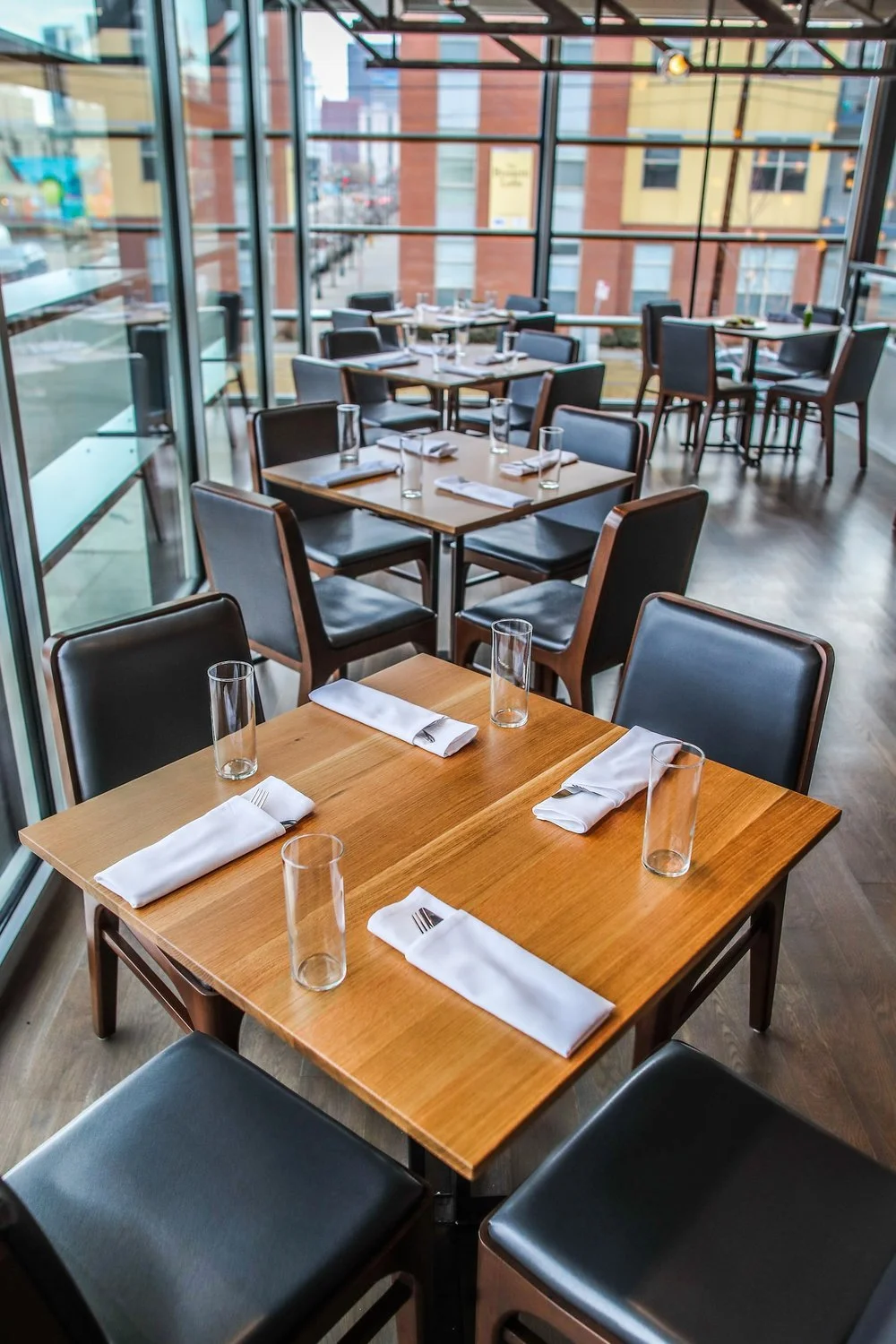
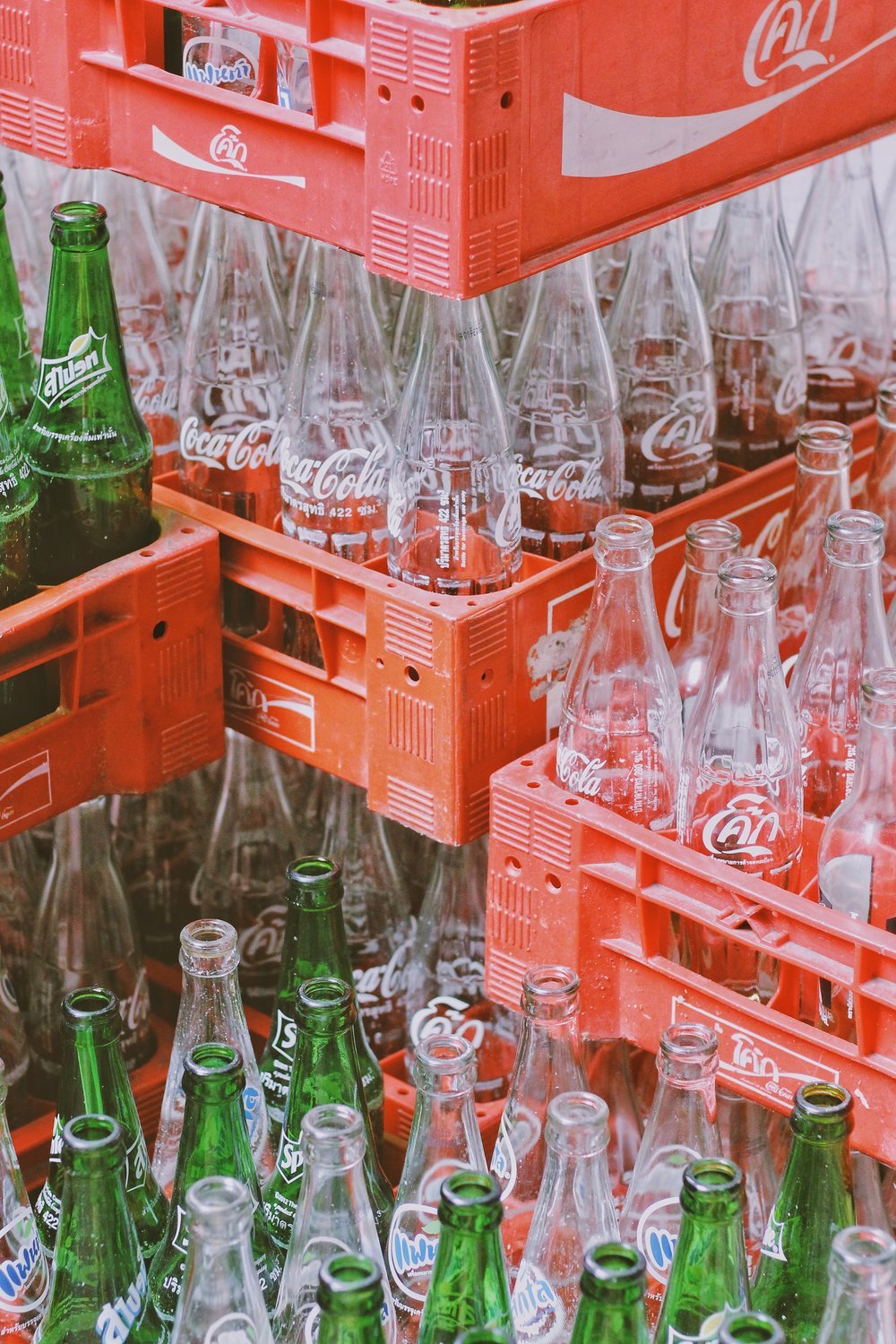

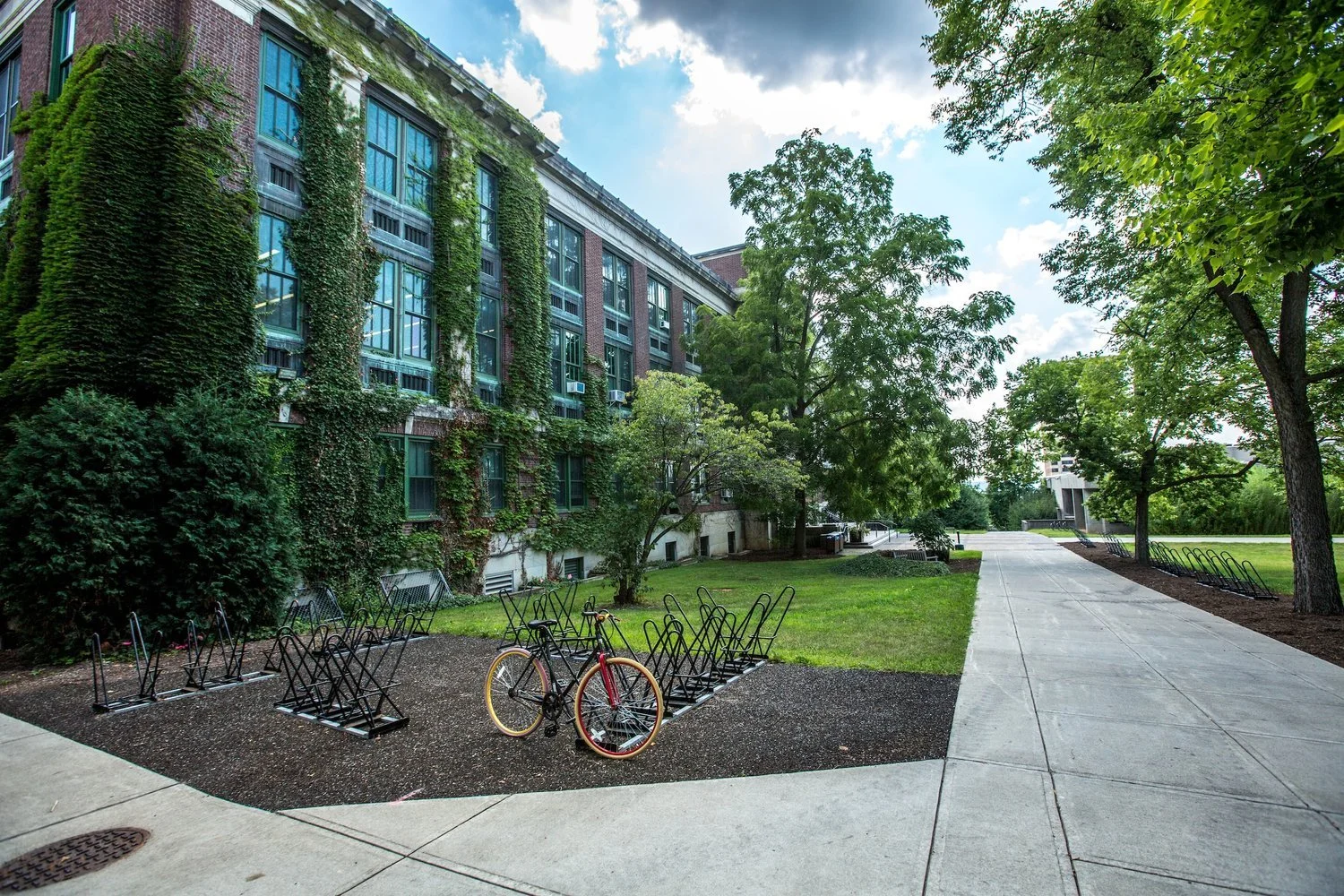
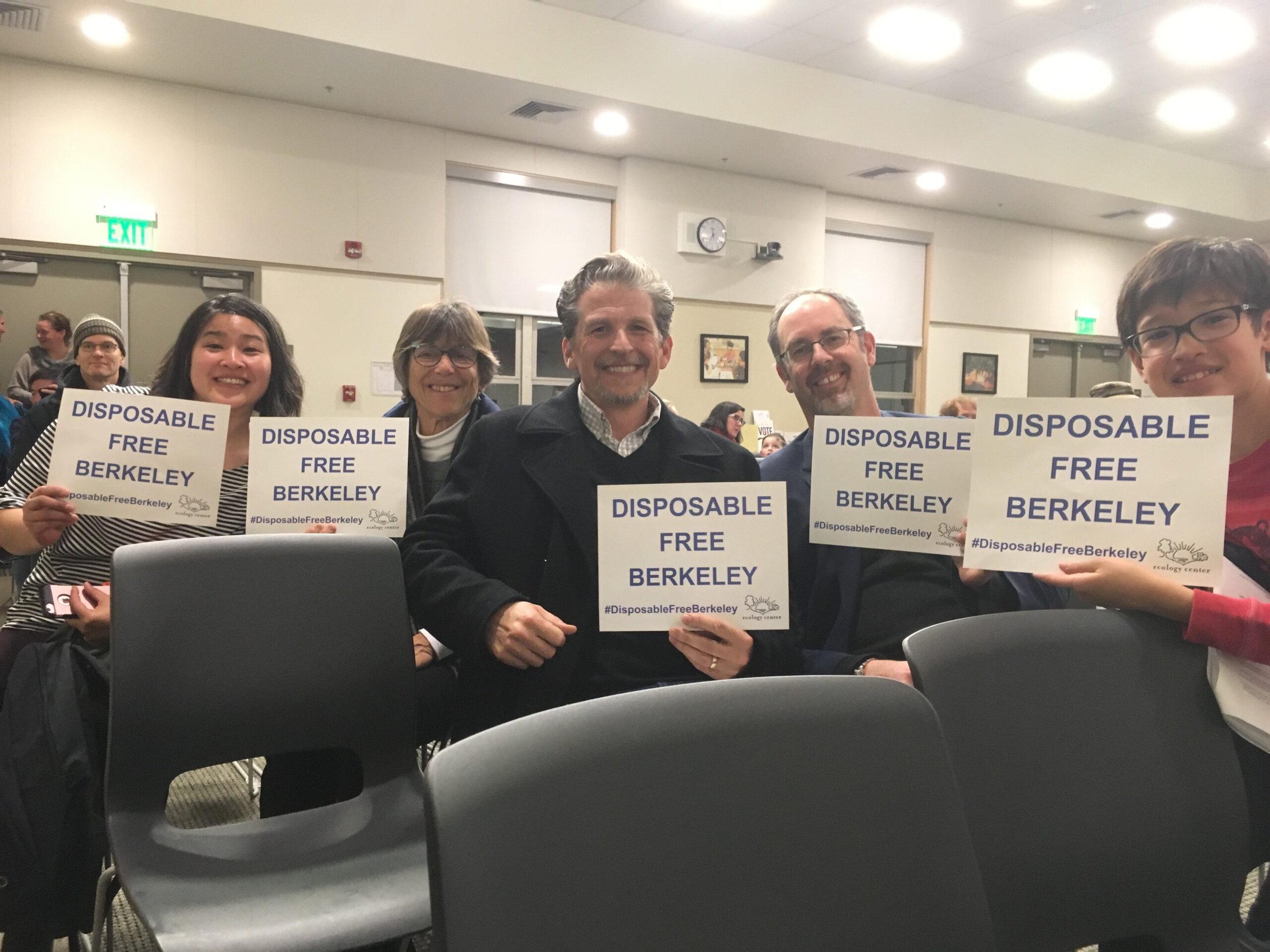



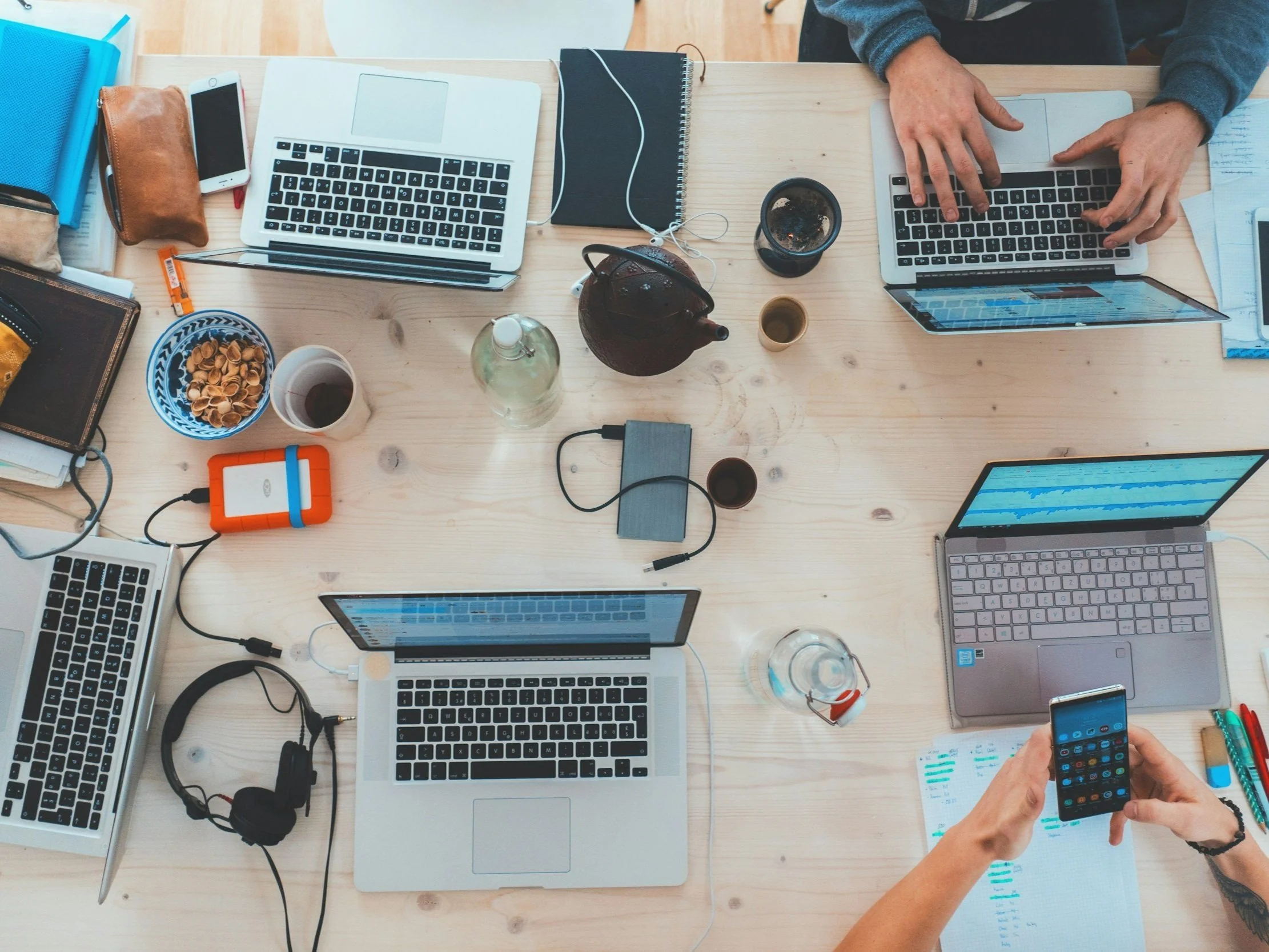
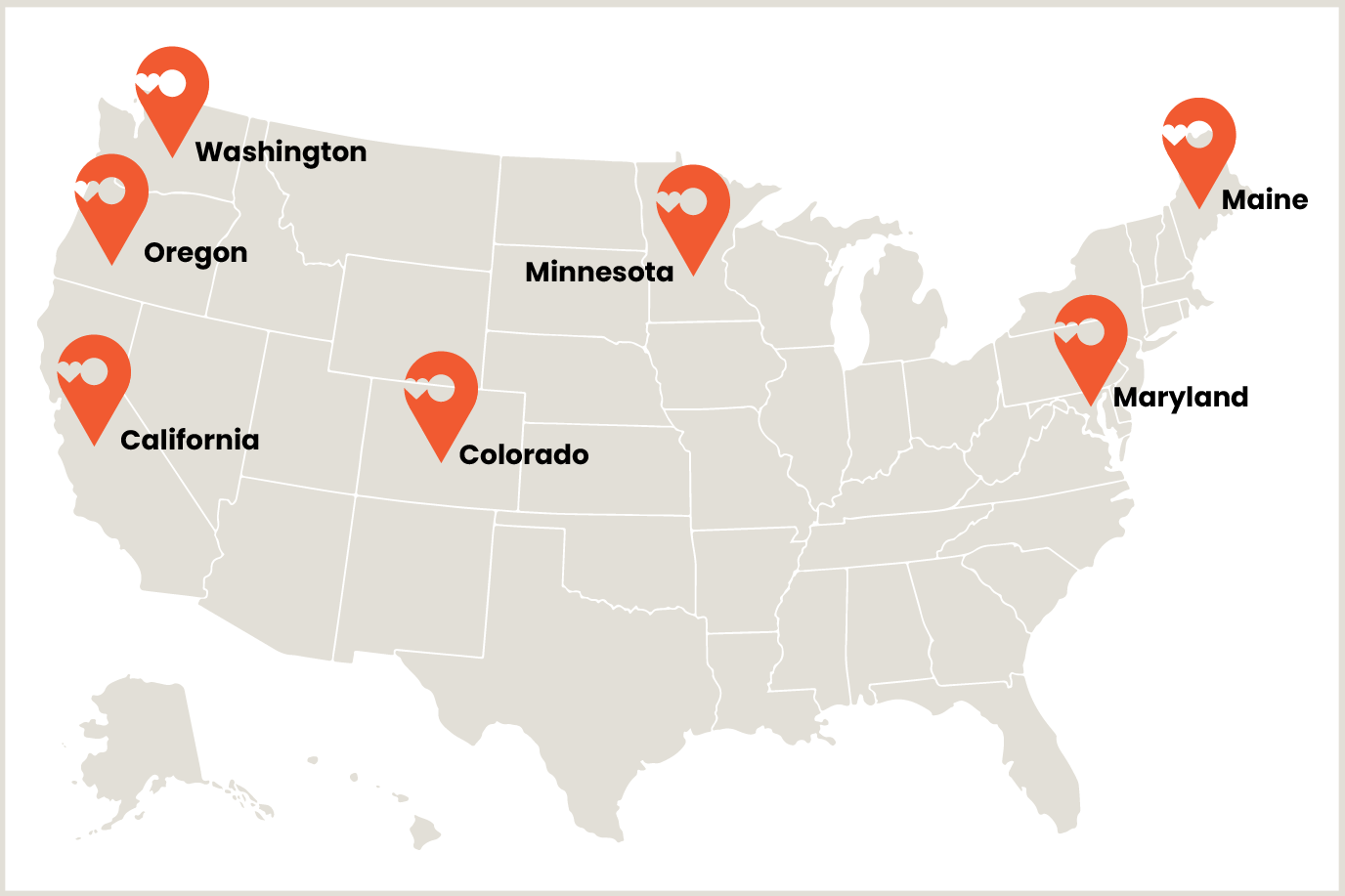
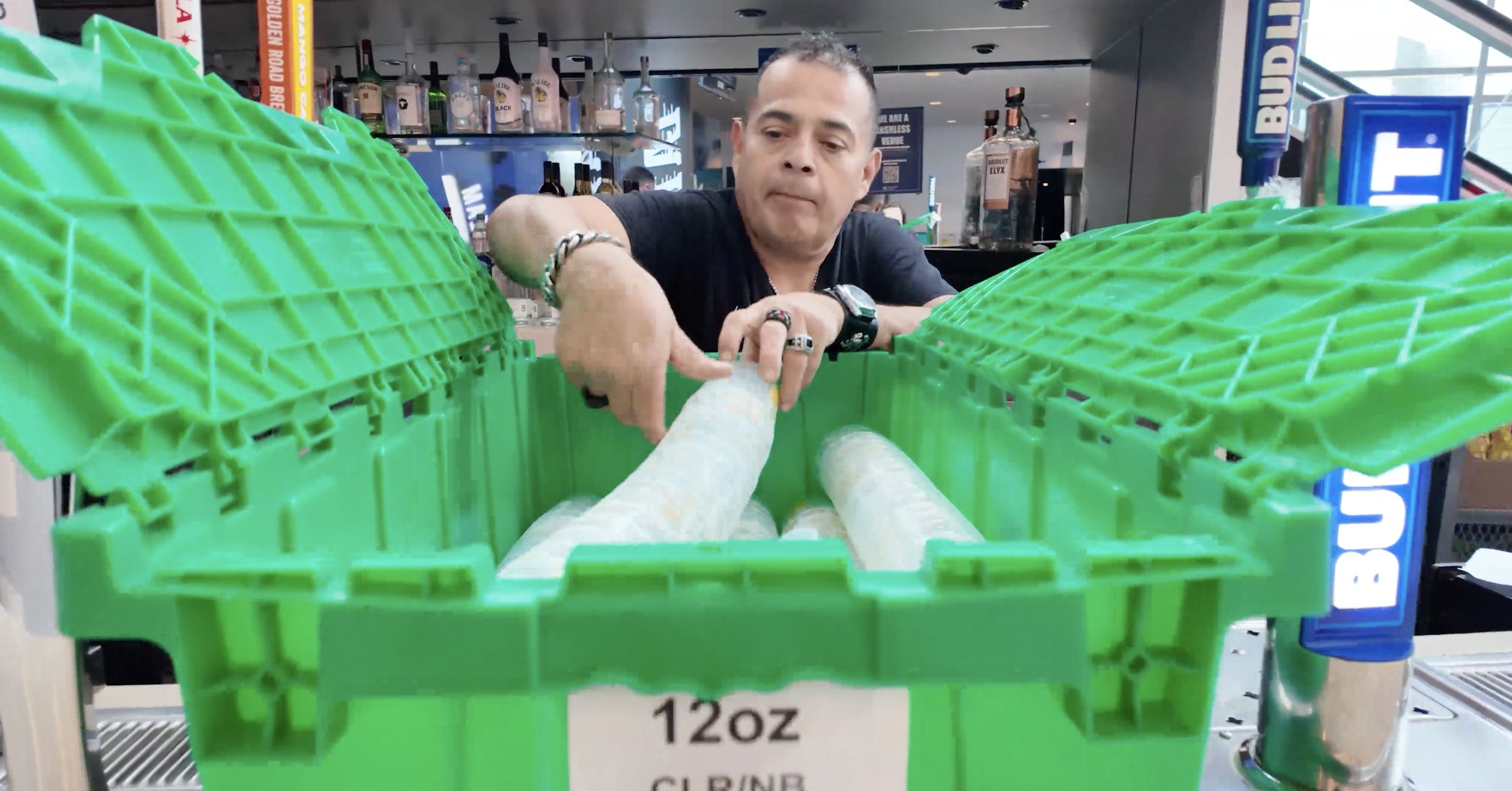
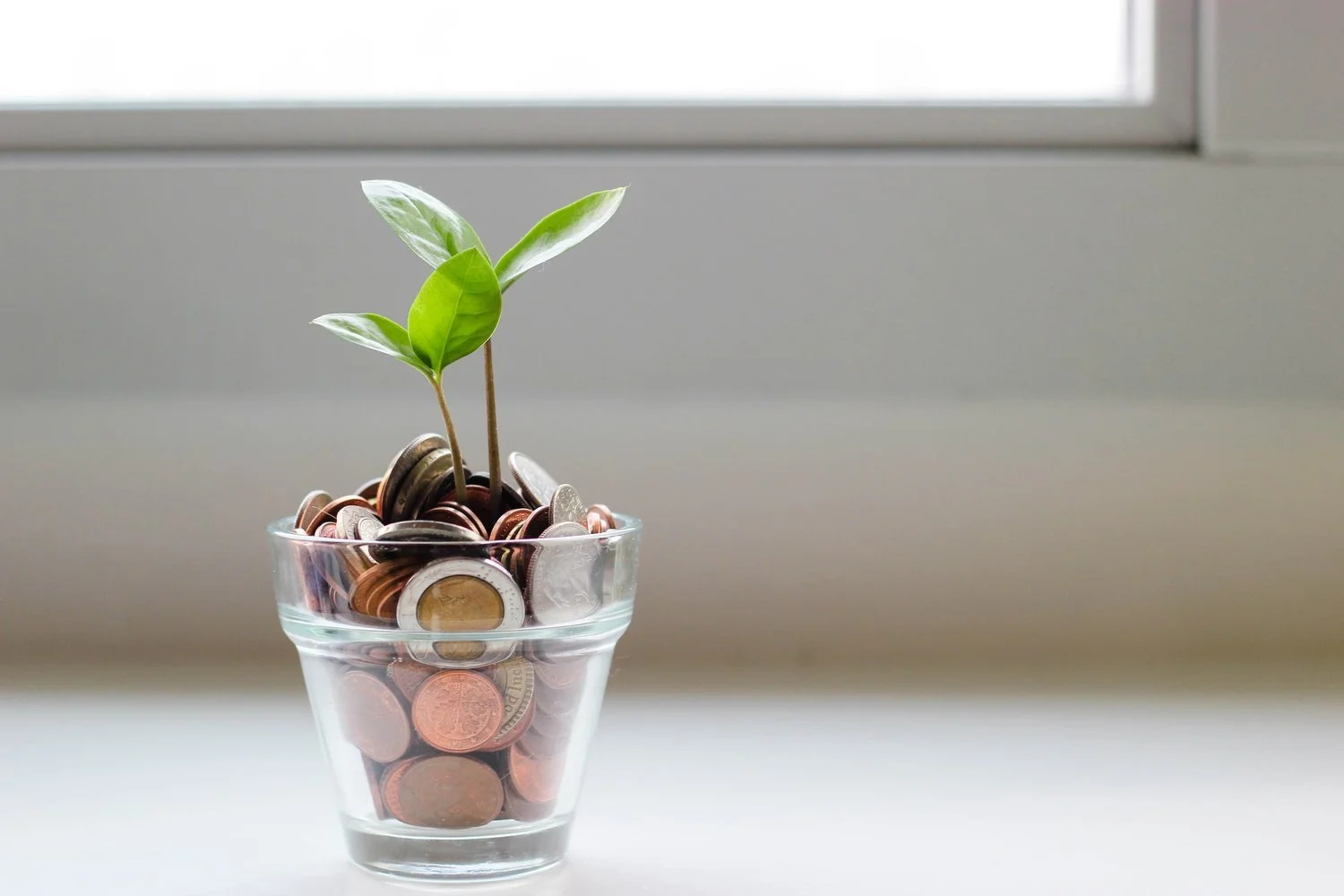
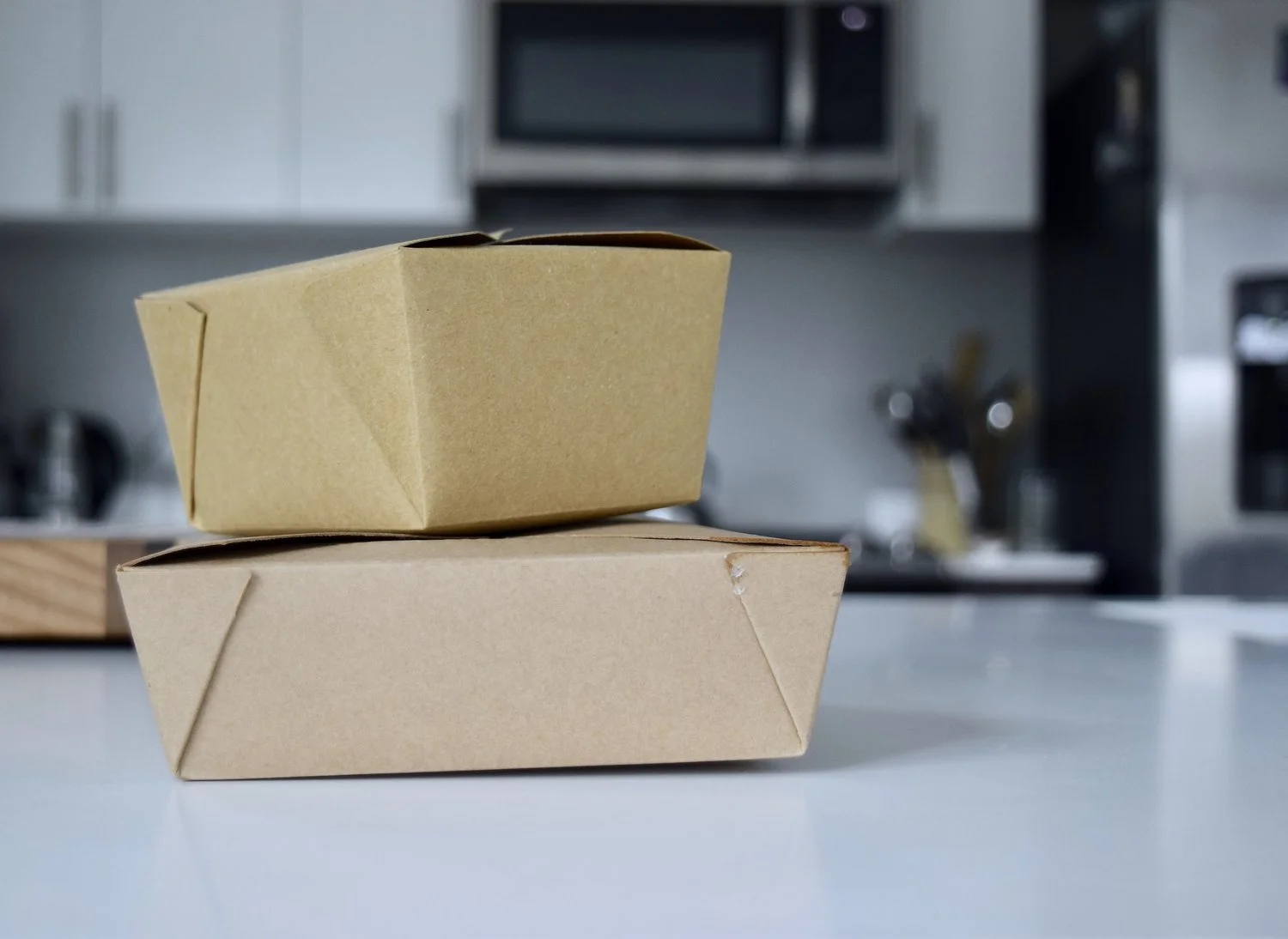
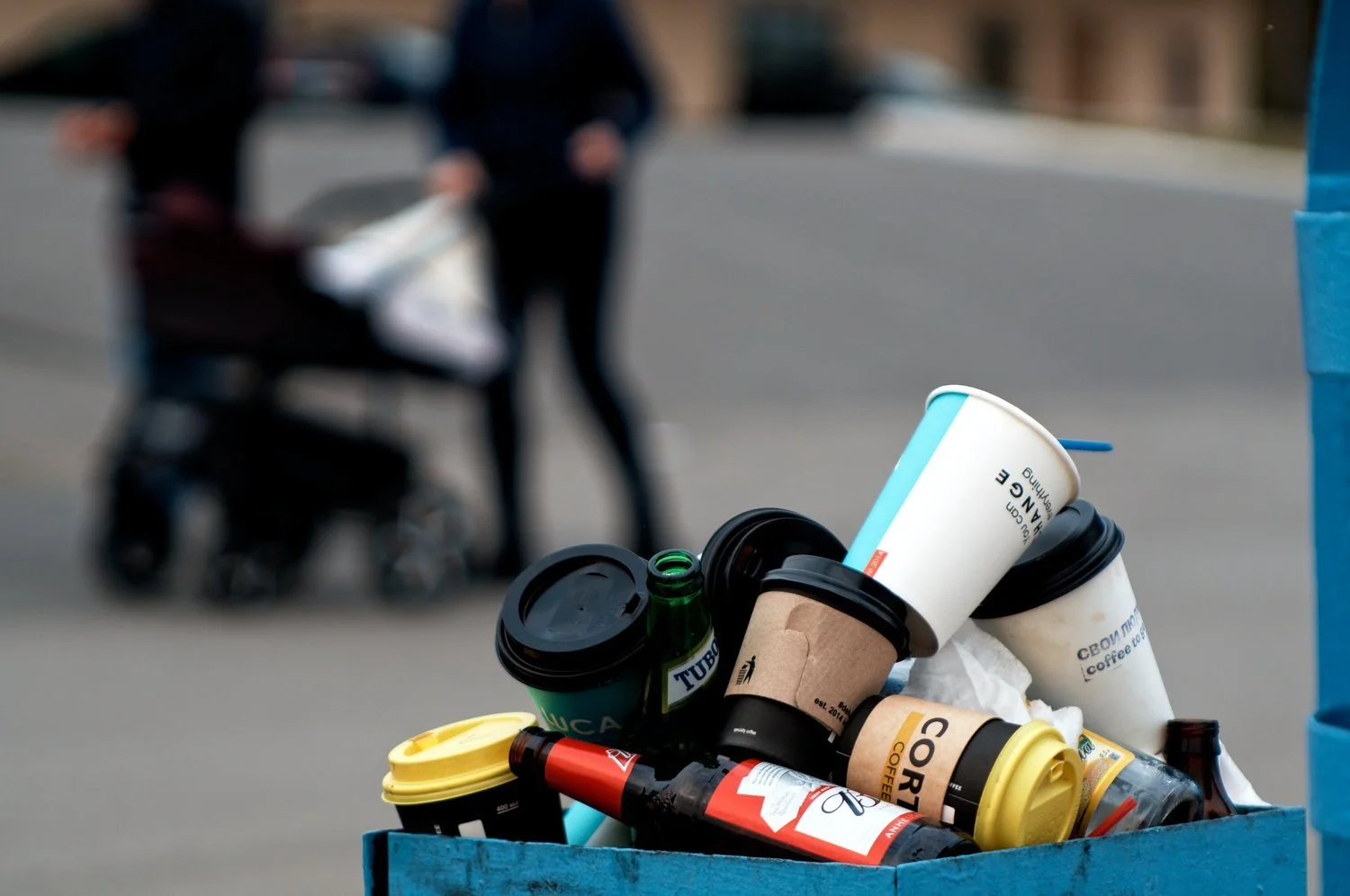


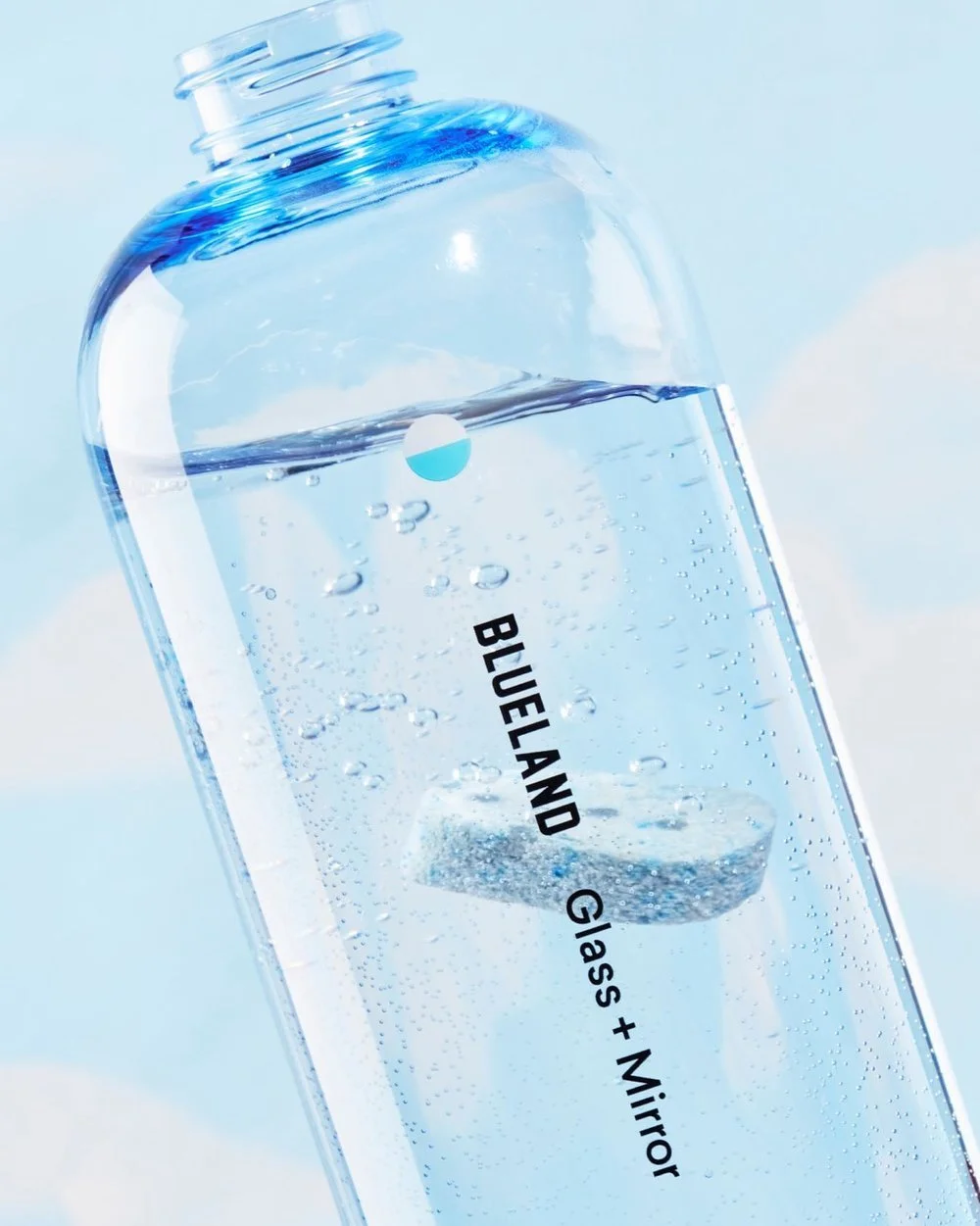



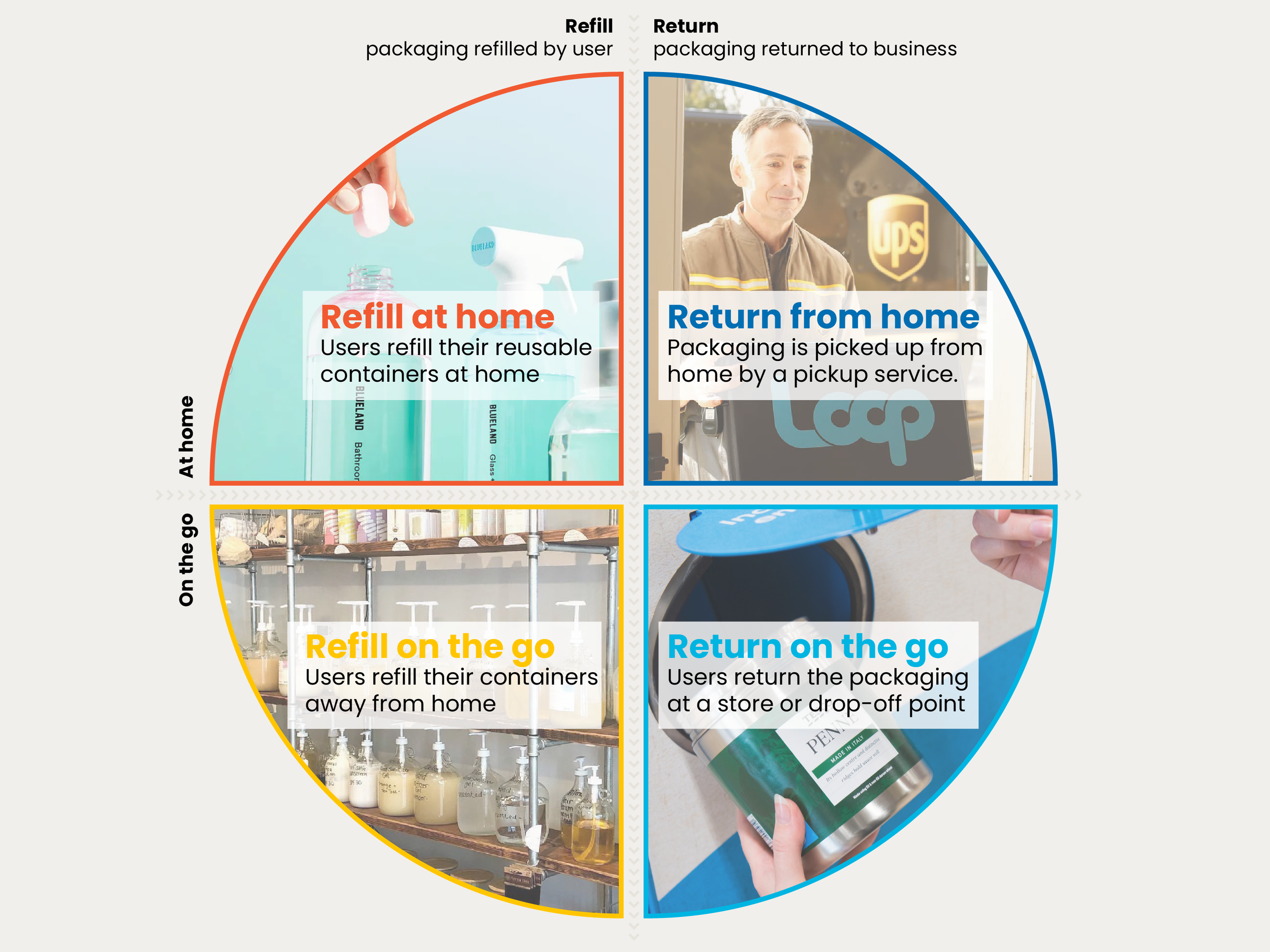


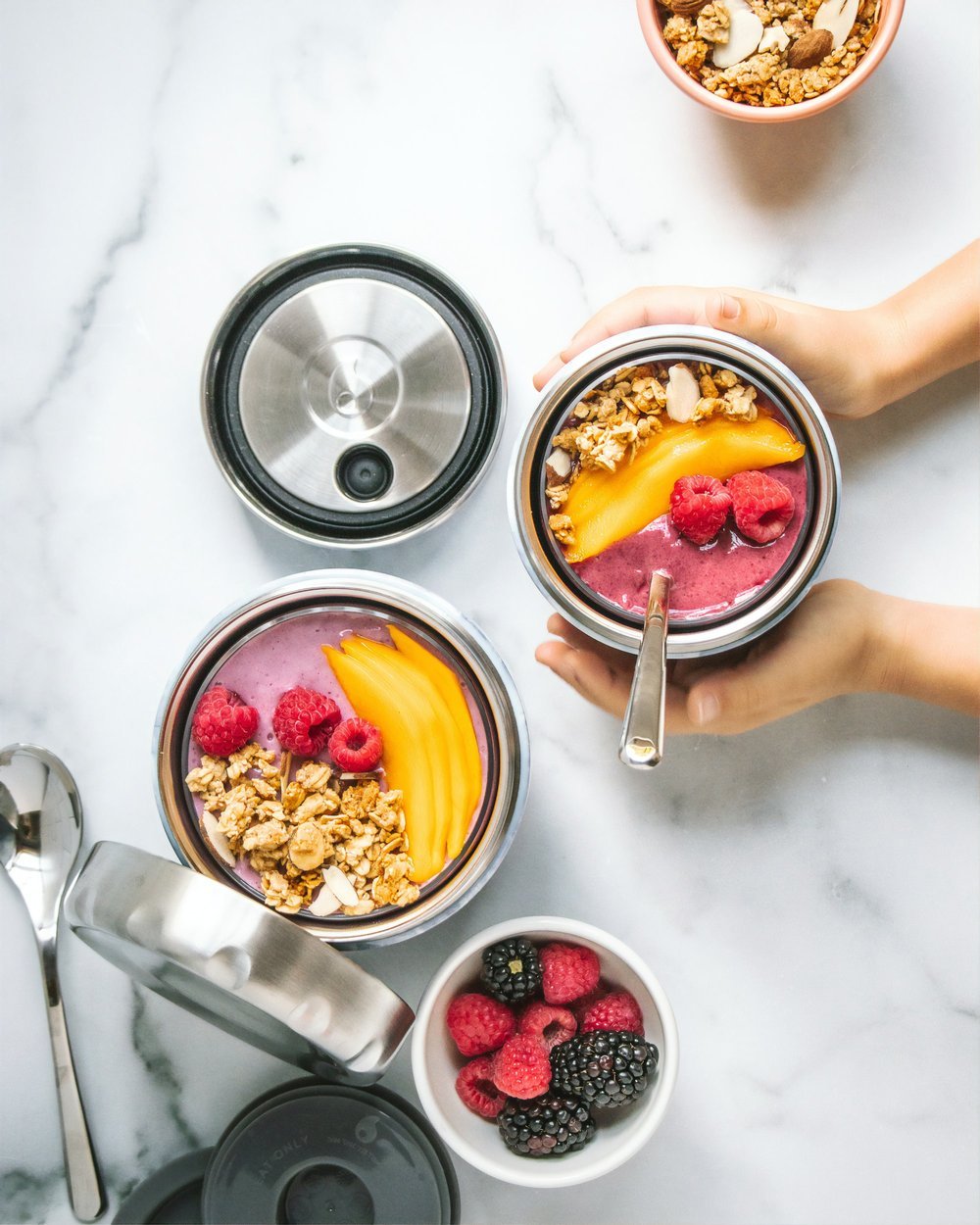

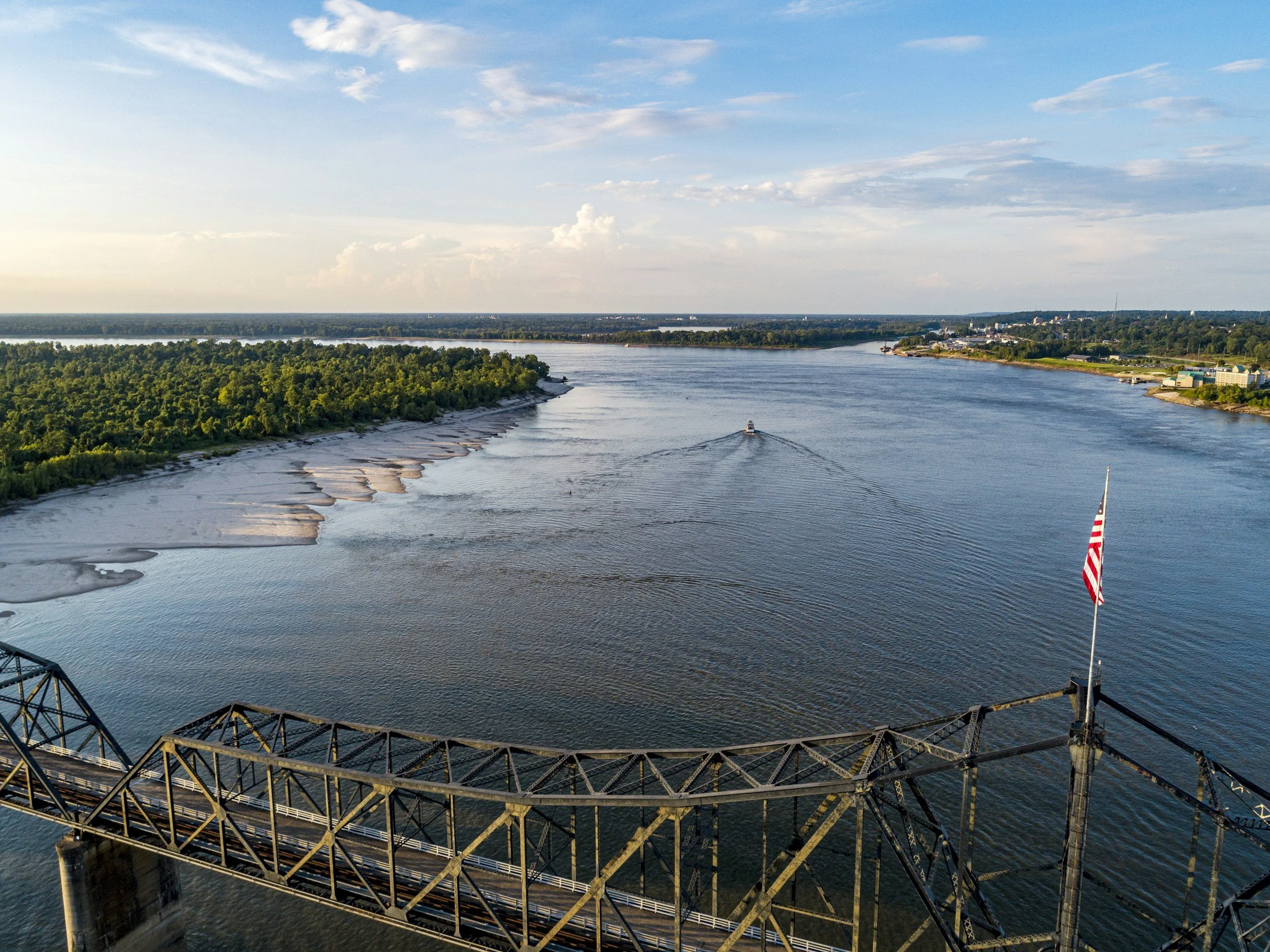
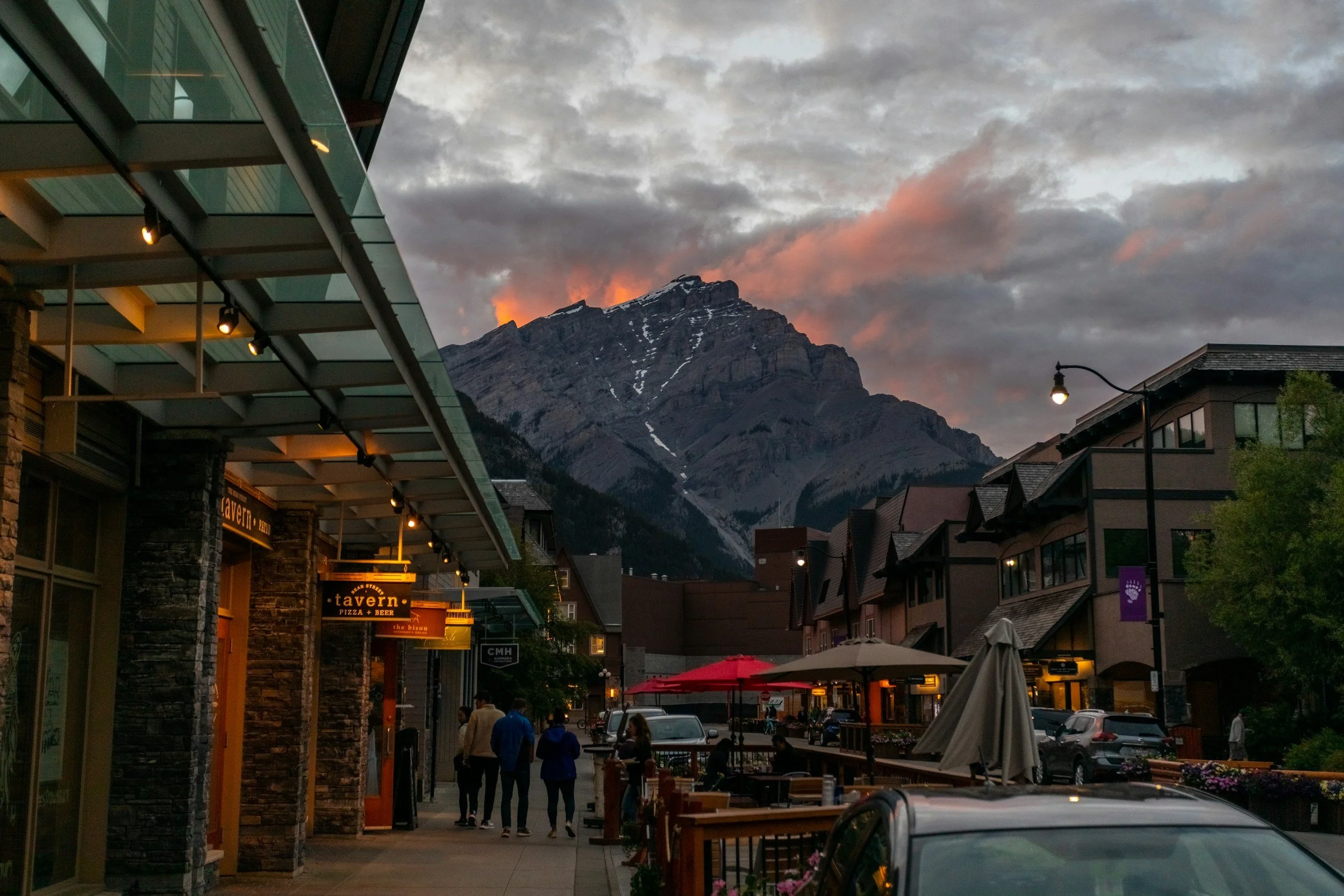

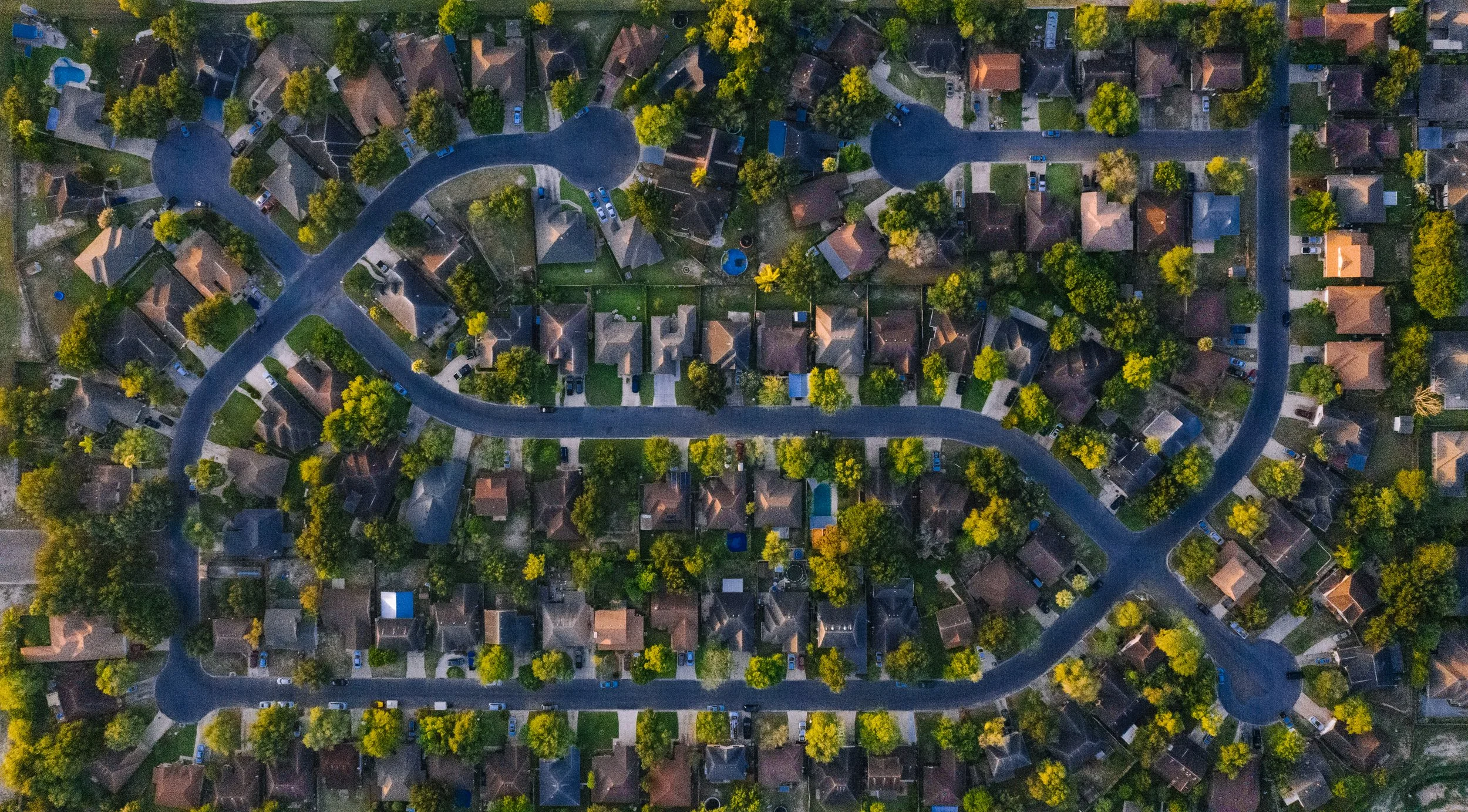
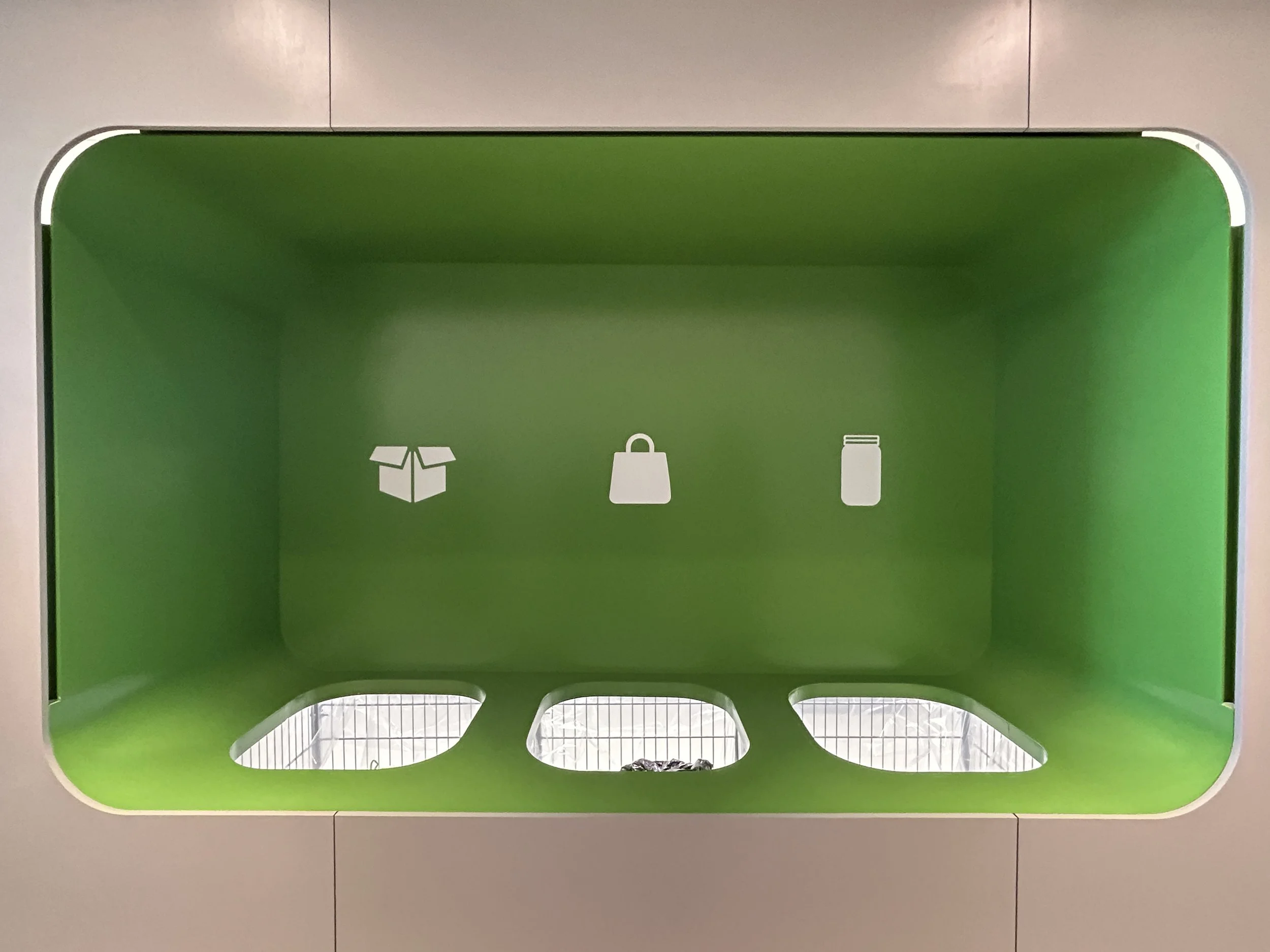














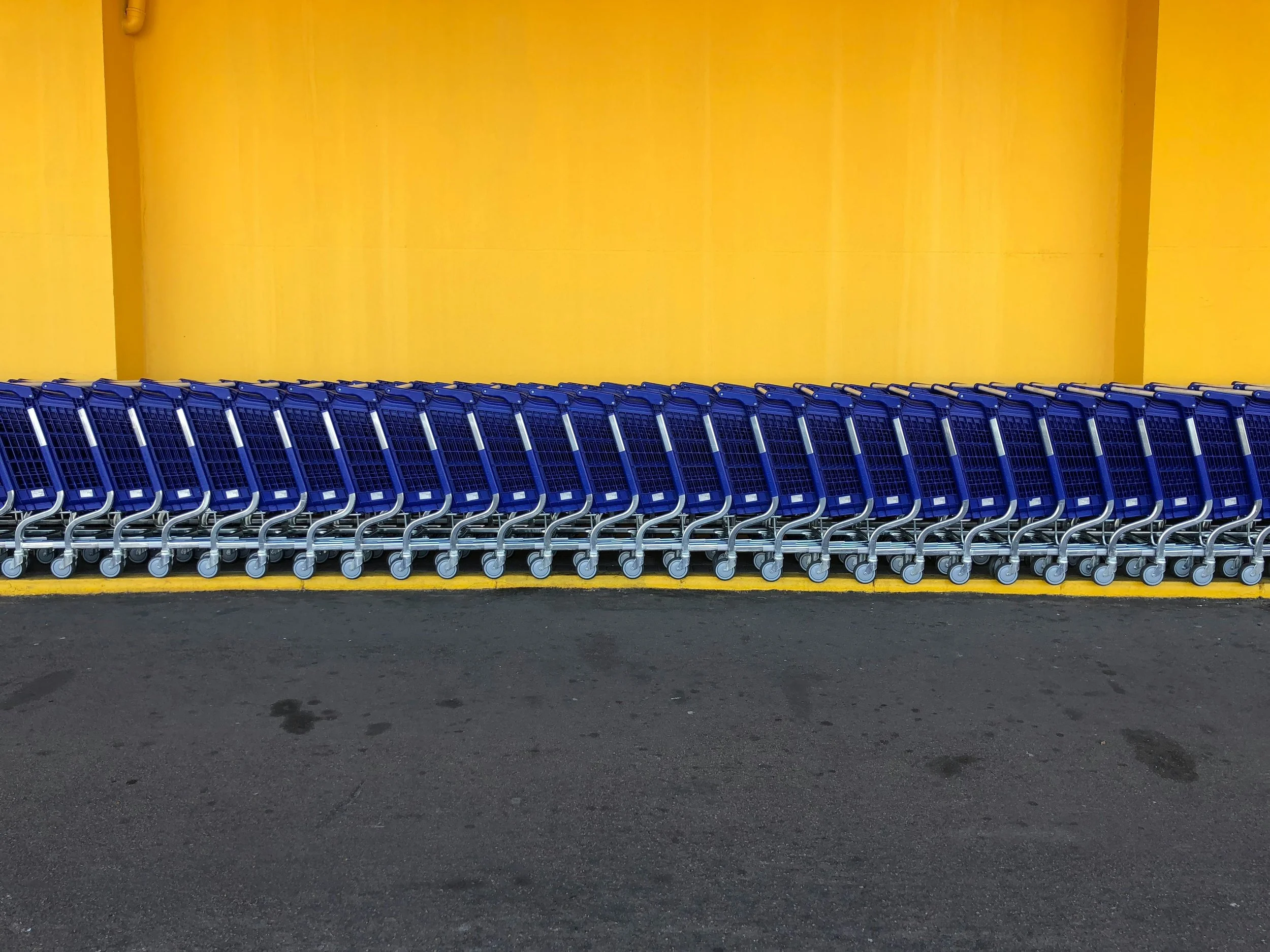
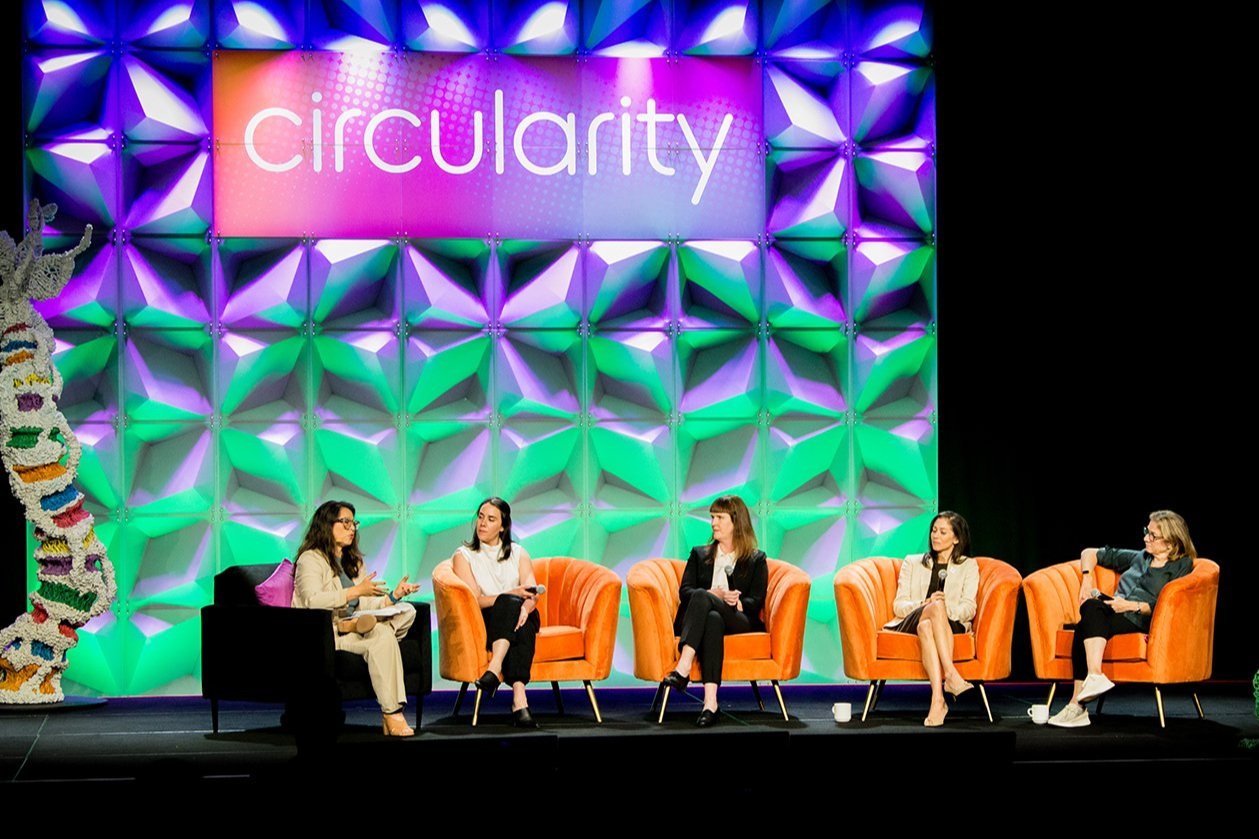

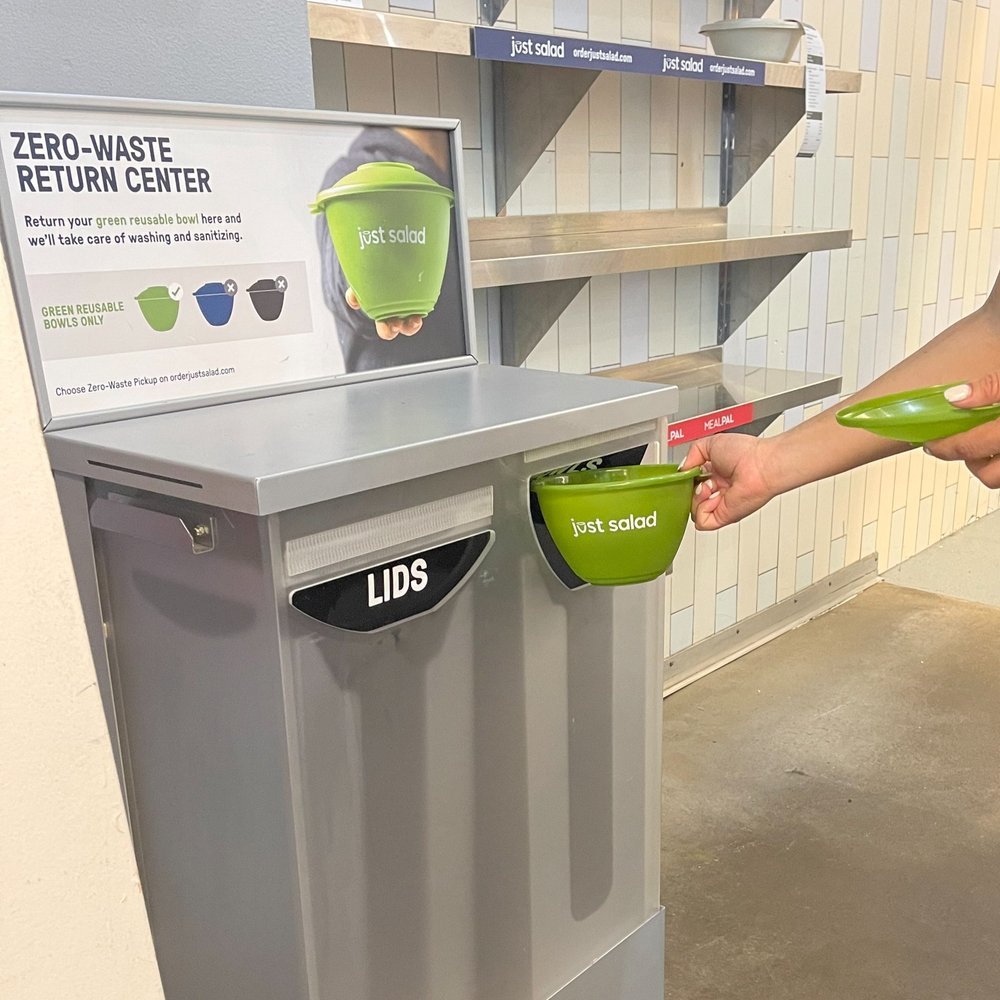
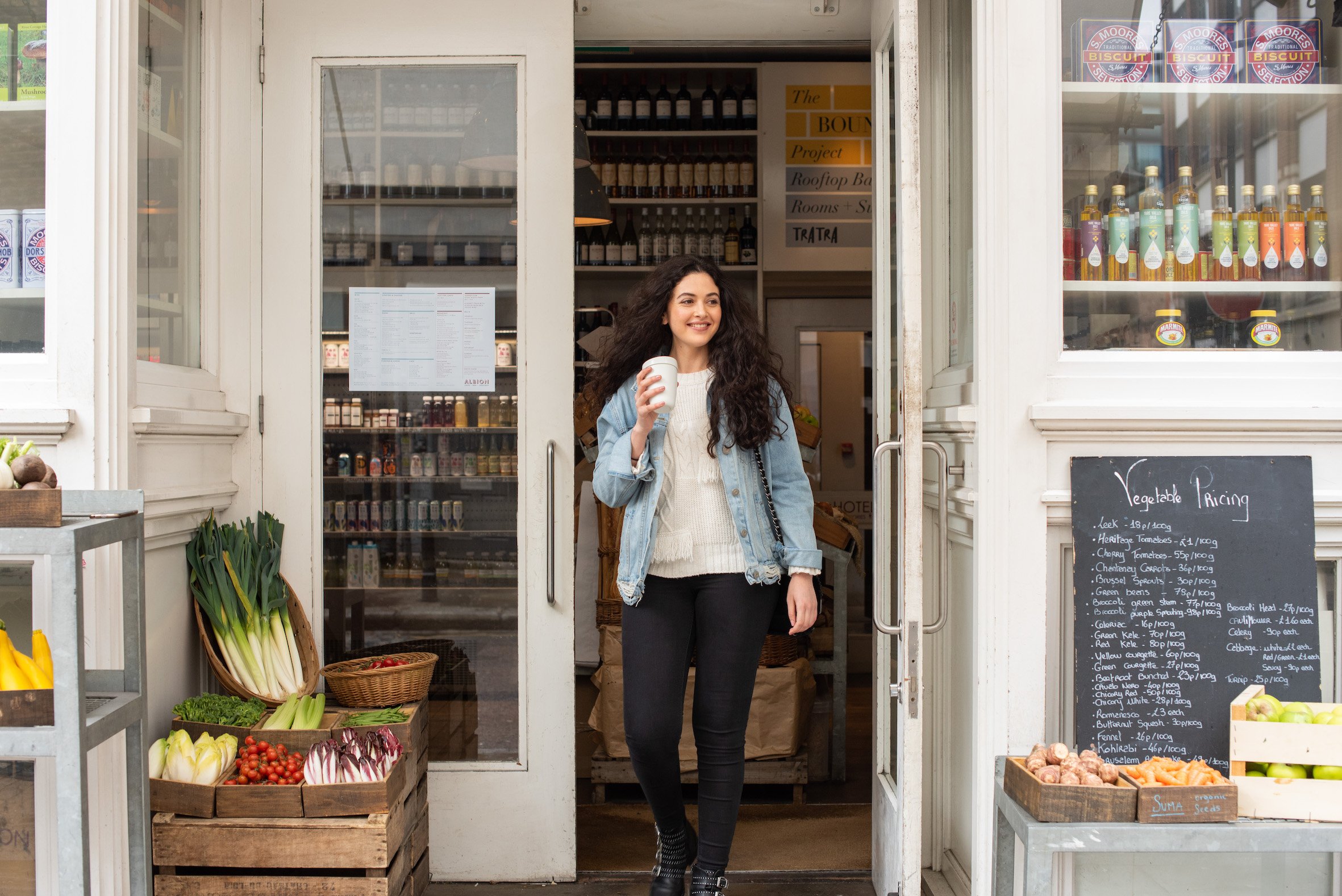










































PR3’s new Container Design and Performance Standard — and why it matters.